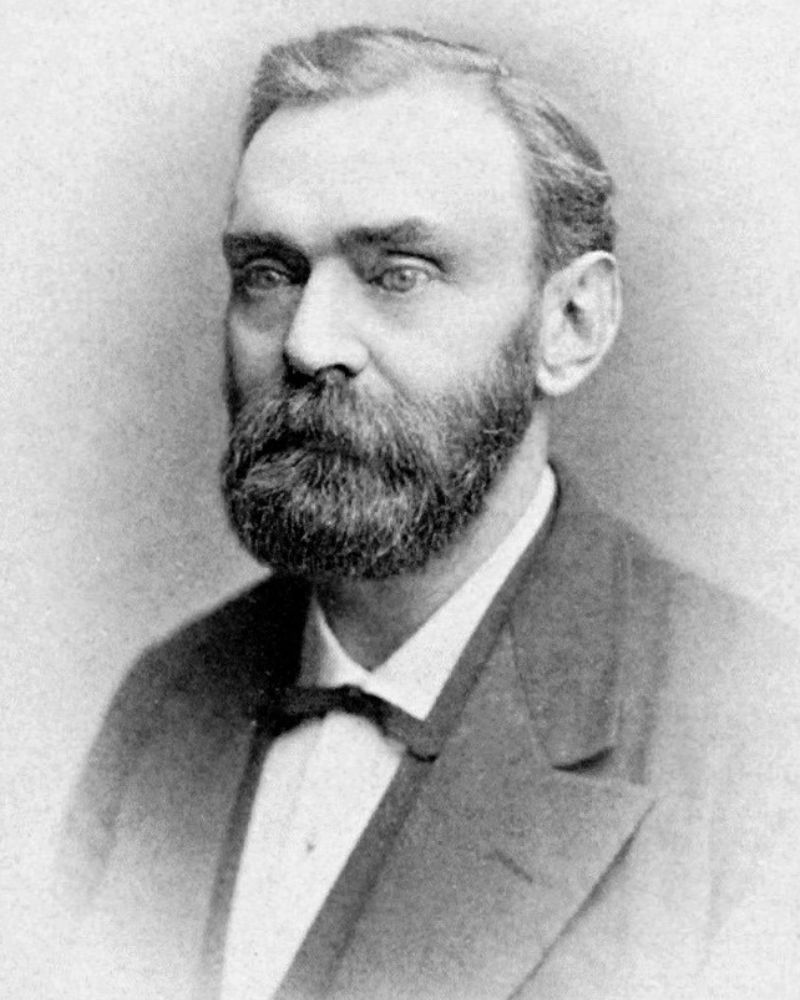The Wright Brothers: Pioneers of Flight Who Changed the World

On December 17, 1903, two American brothers, Orville and Wilbur Wright, made history by achieving the world’s first powered, controlled, and sustained flight. Their groundbreaking invention—the airplane—transformed transportation, global travel, and warfare, shaping the modern world in ways they could never have imagined.
The Journey to Flight
The Wright brothers, originally bicycle mechanics from Dayton, Ohio, were fascinated by the idea of human flight. Inspired by birds and previous aviation attempts, they dedicated years to studying aerodynamics, experimenting with gliders, and designing a powered aircraft.
Key Innovations of the Wright Brothers
- Three-Axis Control System – Unlike earlier flying machines, the Wright Flyer had a system that allowed pilots to control pitch (up/down), roll (tilting wings), and yaw (left/right turning), making it stable in the air.
- Lightweight Engine – They built their own light, powerful gasoline engine, as no suitable engine existed at the time.
- Wind Tunnel Testing – They conducted over 200 wing experiments in a homemade wind tunnel, leading to a more efficient wing design.
After years of testing, on December 17, 1903, in Kitty Hawk, North Carolina, Orville Wright piloted the first successful flight, which lasted 12 seconds and covered 120 feet. The longest flight that day, by Wilbur, lasted 59 seconds and covered 852 feet. This marked the beginning of modern aviation.
How Airplanes Changed the World
1. Revolutionized Transportation
Before airplanes, long-distance travel was limited to ships and trains, which took weeks or months. Airplanes made it possible to travel across continents in hours, connecting people and businesses globally. Today, air travel is an essential part of daily life, with over 100,000 flights taking off worldwide each day.
2. Boosted Global Trade and Economy
The aviation industry opened new opportunities for trade and commerce. Fresh produce, medical supplies, and essential goods can now be transported quickly across the world, boosting economies and improving global connectivity.
3. Transformed Warfare and Defense
During World War I and World War II, airplanes became a powerful military tool for reconnaissance, transport, and combat. Today, air forces play a critical role in national defense and global security.
4. Enabled Space Exploration
The Wright brothers’ pioneering work in aerodynamics directly influenced rocketry and space travel. The same principles that helped airplanes take flight were later applied to spacecraft, leading to human exploration of the Moon and beyond.
5. Strengthened Cultural and Human Connections
Airplanes have made the world smaller and more connected. Families separated by oceans can reunite within hours, and international tourism has flourished, allowing people to experience different cultures and traditions.
A Legacy That Soars
The Wright brothers’ invention of the airplane was a turning point in human history. Their vision and determination transformed the impossible into reality, paving the way for the modern aviation industry.
Today, every airplane in the sky is a testament to their genius. From commercial jets to space exploration, their innovation continues to inspire new generations, proving that with creativity and perseverance, the sky is not the limit—it’s just the beginning.